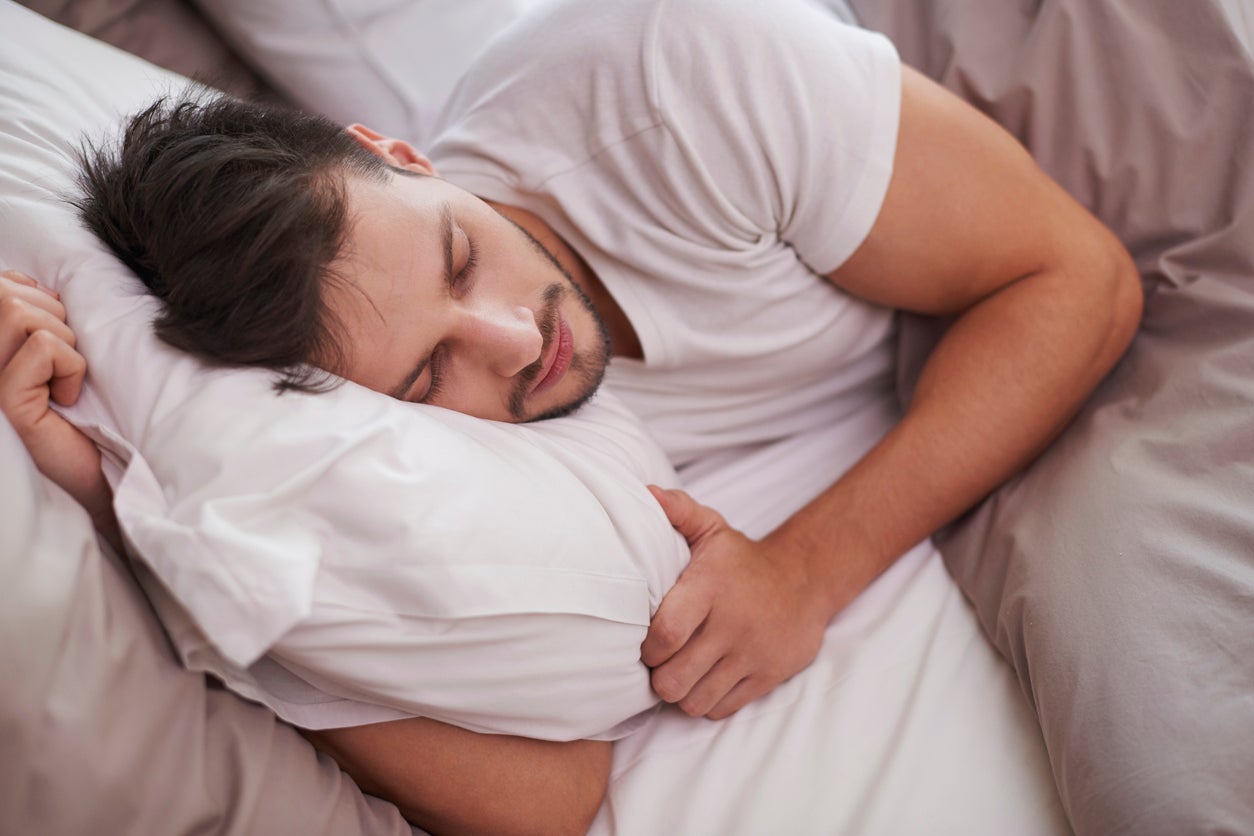Toxic masculinity means that men are likely to sleep less, experts say
Experts have said their attitude could date back to caveman times, writes Isobel Frodsham

Men are more sleep-deprived as they find sleeping less is masculine, researchers say.
Authors Nathan B. Warren and Troy H. Campbell, from the University of Oregon, conducted 12 experiments involving 2,564 US participants.
In one test, the men were asked to describe attributes of a male character, one who was "very masculine and manly" and another who was "not very masculine and not very manly".
They found that in the masculine condition, the participants described their character sleeping 33 minutes less sleep per night than the characters described in the not masculine condition.
Overall, their findings from the study were:
- Sleeping less is perceived as more masculine
- The stereotype of being a man that doesn't need sleep is also related to other stereotypes about what “being a man” is
- Because of stereotypes men think surviving on little sleep is good and needing more sleep is bad
- The stereotype contributes to how “manly” a man feels.
Psychologist and Counselling Directory member Philip Karahassan told the Independent that the psychology behind it dates back thousands of years.
He said: “Sleep and rest are seen as weaker by many men due to the perception of what it means to be a man. This goes back to our ancestors and the hunter gatherers who always had to be awake to catch the biggest and best food and protect their cave.
“Fast forward to today and there is a felt sense within society that men need to be switched on to make the best deals, forge relationships and still looking to make the biggest catch. There is a general anxiety that forces men to be awake and work towards this idealised state. They don’t want to be labeled as lazy, not good enough or weak which is the way sleep is perceived.
“Actually getting enough sleep allows you to think straight, be more productive and maximise your potential.”
The researchers results with women were inconsistent, showing that women described as masculine are stereotyped as sleeping less, but describing women as sleeping less does not affect perceptions of their masculinity or femininity.
But the future is bright, they added, because "as society continues to challenge traditional definitions of masculinity, attitudes toward sleep may become more positive, and all people might enjoy more nights full of healthy sleep."
According to Ori Leslau the founder of Kally Sleep, which works alongside chiropractors, osteopaths, fitness and mental health experts to create products designed to solve sleep related problems, the average adult should aim to get between seven to nine hours of sleep each night.
He added: "You should try to turn off your mobile phone when you get into bed as the blue light emitted by your phone screen restrains the production of melatonin, the hormone that controls your sleep-wake cycle."
Join our commenting forum
Join thought-provoking conversations, follow other Independent readers and see their replies
Comments


Bookmark popover
Removed from bookmarks